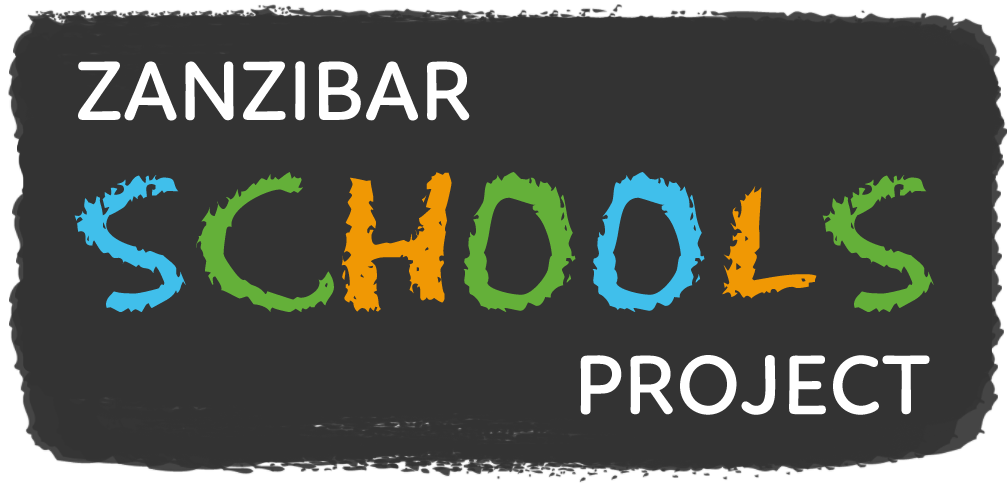Monday January 11: Back to school for real today! We joined English lessons with the teachers. Caroline was with the brand new intake who are just learning how to greet each other in English. She was shocked that they had to sit on the concrete floor 6 hours. Ann joined a class in the “computer room” (rather mis-named as there are about 5 PCs, none of which work) where the children were learning “TV, monitor, laptop, computer and keyboard”. They were very keen to touch or hold each item and it’s hard to describe how motivated they are – there’s no fidgeting, everyone pays attention and there’s no chatting unless it’s about the class.
At break we hang out in the staff room – watching the teachers commissioning various small children to run errands for them. Some of the teachers ask us to help with their lessons by photocopying exercises for the children to complete as they don’t have text books. Then the ICT teacher asks “What is the internet?” She showed us the government curriculum which tells her to give a lecture about how the internet works and search engines. The recommended resource is a computer...but as the school has no wifi and she’s never been on the internet it seems quite a tall order. We can’t get 3G on our phones or router in the village so the explanation is going to be challenging!
Tuesday January 12: Woken at midnight to a volley of loud gunfire and what sounded like paratroopers landing on our roof. In fact it was anti-aircraft guns being deployed to celebrate the 52nd anniversary of the revolution. In 1964, 600–800 revolutionaries overran the country's police force and overthrew the Arab Sultan of Zanzibar and his government. A few troubled months later Tanganyika and Zanzibar joined together to form Tanzania. Reprisals against Arab and South Asians took place and many educated Zanzibaris like our friends Feroz and Hassan left the island. On leaving school Hassan did his national service teaching at Unguju Ukuu Primary School. Hence we are teaching at his old school. Apart from the gunfire, government buildings are draped in the national colours of yellow, green, black and blue. Around the Presidential Palace there’s a steady stream of Land Cruisers and truckloads of soldiers with Kalashnikovs.
School is off for the day so we took the opportunity to meet with a local computer expert who reviews our computer kit proposals. He thinks the Kio Kit looks well-designed. He points to the amazing impact that One Laptop Per Child had in Rwanda where the scheme was backed by the government.
Wednesday January 13: We’ve made a short presentation about how the internet works and what you can do on it. We present using still images on the TV screen. The presentation is met with amazement. The teachers are fascinated to think of shopping on the internet and wonder how you pay and how the goods are delivered. They are interested in social media and are most impressed by the idea of free information. The majority of the lesson is delivered by Shafii in Swahili – the topic would have been impossible to discuss thoroughly in English. At least we’ve managed to introduce the teacher to the key concepts before her class has the lesson on Thursday.
School starts at 7am and ends at 1pm when it’s really hot! So we’re delighted that 50 children voluntarily opt to attend our 2-hour English class. The school feeds them and we pay 50% of the cost of food. The students are learning about restaurants. They have to make up name for their restaurant and the best is “The Three Girls Classic Restaurant”. Judging by their menu they are targeting a specific demographic by serving chips with everything. There’s a certain charm in menus that have ice cream listed as a main course and one fish finger as a starter. Speaking to a local friend we find out that traditionally they don’t eat dessert so it was no wonder they struggled with what we asked them to do! By the end of the week all the students have successfully role-played eating at a restaurant or being a waiter and they’ve even had a couple of disruptive customers when we take part and complain that the order was wrong.
Thursday January 14: The biggest challenge today was the power cut that took place when we were hoping to use the wide screen TV to show stills of the internet. But sadly there were 80 children and a very small laptop screen so the lesson took place mostly using chalk and the blackboard. Although all lessons are supposed to be in English, it’s almost impossible to describe the Internet to non-native speakers who are barely at intermediate level. So Shafii rose to the task in Swahili and I stepped over the children sitting on the floor to show them images on my tiny laptop screen so that they could try to imagine “Facebook” and sending an email.
Friday January 15: The visit to the UK Visa office to see if Gasica can study TEFL and English in Hove. His older brother decided that Gasica’s usual jeans and T shirt needed an upgrade for the occasion. He looks great in the new suit and at least the walk to the 7am ferry isn’t too hot. It’s a nerve-racking day and we all feel more and more nervous as the time approaches. There’s a mad dash around Dar es Salaam as his passport photos are on the wrong colour background and we still have the final letter of recommendation to print out...but eventually all the boxes are ticked, his fingerprints are taken and he’s only asked why he wants to study that particular course. A week to wait for the result!
